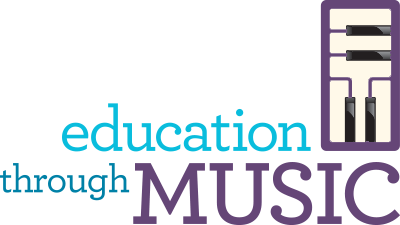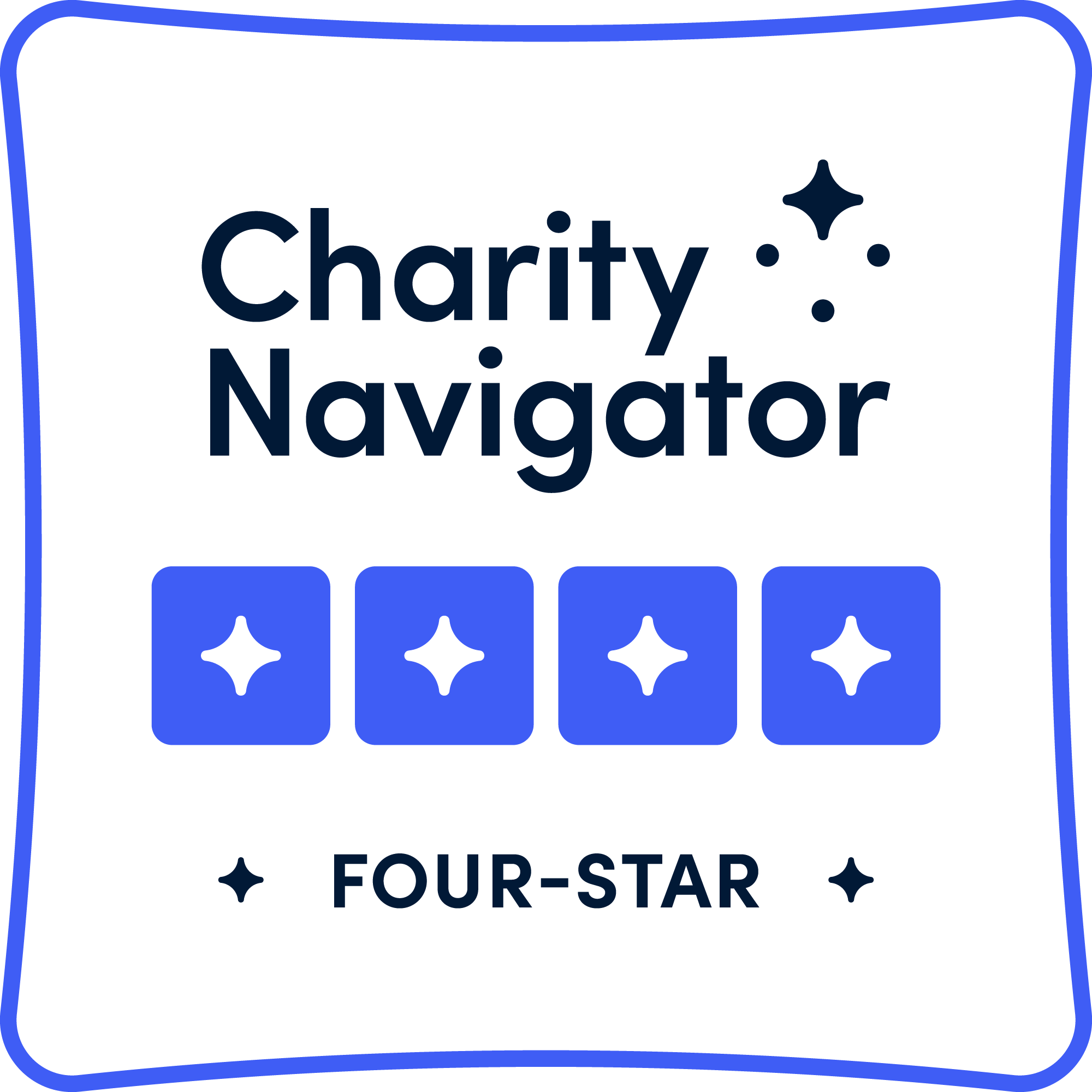Learning Vital Skills Through Music
By ETM Partner School Teacher
(as told by the music therapist)
A student was referred for music therapy because of a severe deficit in functional mathematics, specifically with coins. The Occupational Therapist had worked with her for nearly a year and a half with limited success on simply identifying and attributing values… I found that this student was incredibly musical and extremely bright in verbal/communication skills… however, her identification of coins was less than 50%.
She was assigned to music therapy for 45 minutes/week. Music Therapy is the direct use of music to reach non-musical goals, including communication, socialization, motor functioning, emotional awareness, cognitive skills and functional academics. As young children develop, many basic functional academics are taught through song. For example the “ABC’s” song helps a preschooler memorize the order of 26 separate bits of information.
This student’s favorite song was “Baby” by Justin Bieber. Because the most ideal therapeutic outcome typically comes through preferred music, she learned a new version of “Baby” with the words of the refrain rewritten to be a mnemonic device. She used Garageband to choose drumbeats/synthesizer parts and record her own voice. We made a CD for her to listen to several times a day. After several weeks, she identified all coins and attributed values with a 100% success rate. As her music therapy continued, she began writing her own verses to rehearse a variety of strategies for counting coins. Another couple of months and several recordings later, she not only identified/attributed values to the coins with 100% success rate, but was counting complex combinations of coins up to a dollar with nearly 100% success.
This absolutely vital life skill, which had escaped this child for nearly 10 years, was taught through music. Did her consistent classroom support, occupational therapy and years of support assist in this acquisition of knowledge? Undoubtedly. However, the motivating and mnemonic power of music was the catalyst that allowed this student to begin to thrive in a public environment.




